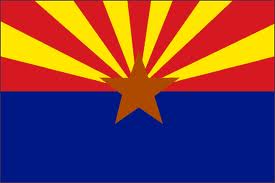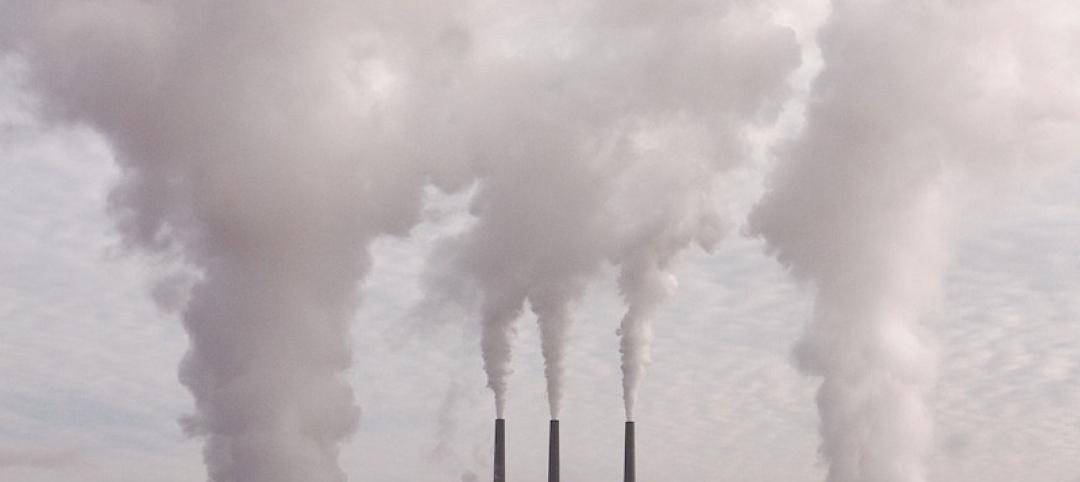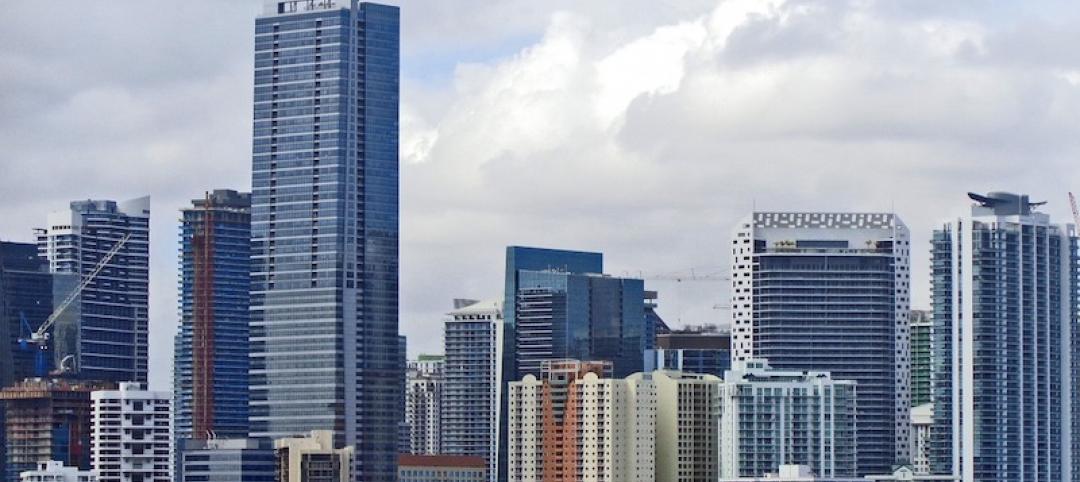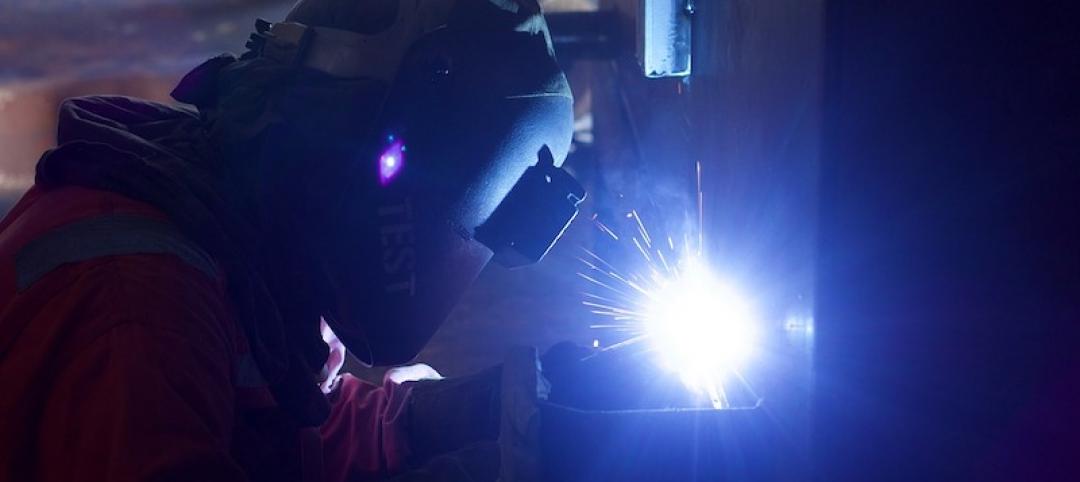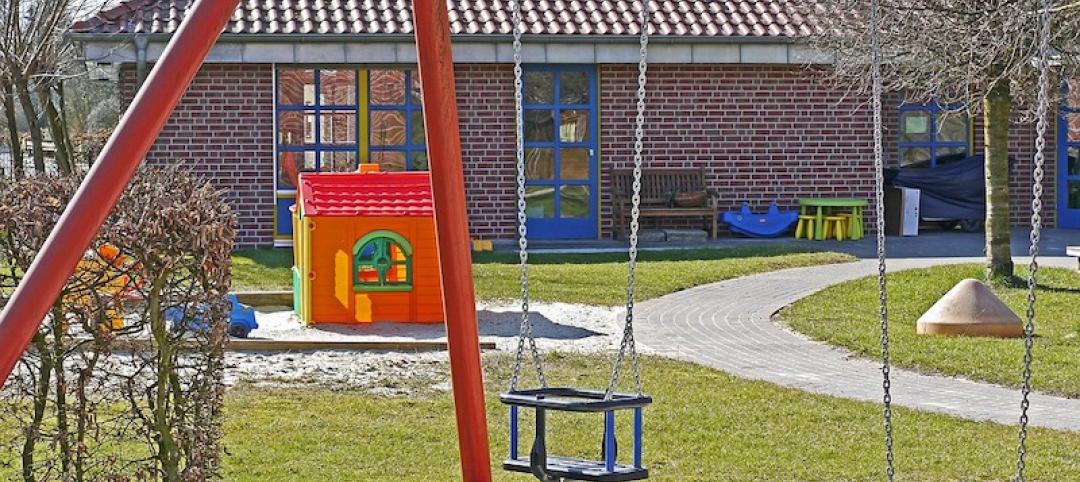Green standards may have to take into account the impact of reflective roofs on rainfall in the desert Southwest. Although reflective roofs can reduce the urban heat island effect, they could also reduce rainfall by 4% in Arizona, an Arizona State University study found, because they interfere with the evapotranspiration process.
To read more, click here. +
Related Stories
Codes and Standards | May 23, 2019
Austin creates innovative plan to boost affordable housing
Approach includes loosened zoning, incentives for higher density in lower-cost and mixed-income developments.
Codes and Standards | May 20, 2019
Effort launched to develop better process for zero-carbon retrofits in multifamily sector
Rocky Mountain Institute, Dept. of Energy, California Energy Commission join forces.
Codes and Standards | May 20, 2019
Property lenders shouldn’t invest for 30 years in most of Florida, expert warns
Climate ignorance driving some ‘insane’ deals.
Codes and Standards | May 17, 2019
NIMBYism is the biggest multifamily construction barrier
National Apartment Assn. report assesses reasons for difficulty in creating more apartments.
Codes and Standards | May 17, 2019
Dept. of Energy to award up to $33.5 million for advanced construction R&D
Focus is on techniques to reduce energy bills.
Codes and Standards | May 16, 2019
Mixed reviews on targeted tax break for San Francisco neighborhood
“Twitter tax break” may have worsened some of the area’s problems.
Codes and Standards | May 15, 2019
OSHA inspections to increase, says Secretary of Labor
Newly hired inspectors getting up to speed.
Codes and Standards | May 14, 2019
Database records more than 1,360 K-12 school shooting incidents since 1970
Naval Postgraduate School program maps locations nationwide.
Codes and Standards | May 13, 2019
In many cities, downtown housing comes with a hefty premium
Urban core living costs hundreds of thousands more in largest U.S. cities.
Codes and Standards | May 7, 2019
San Francisco plan would require largest commercial buildings to use 100% renewable electricity
First in the U.S. mandate would be phased in from 2022 to 2030.


